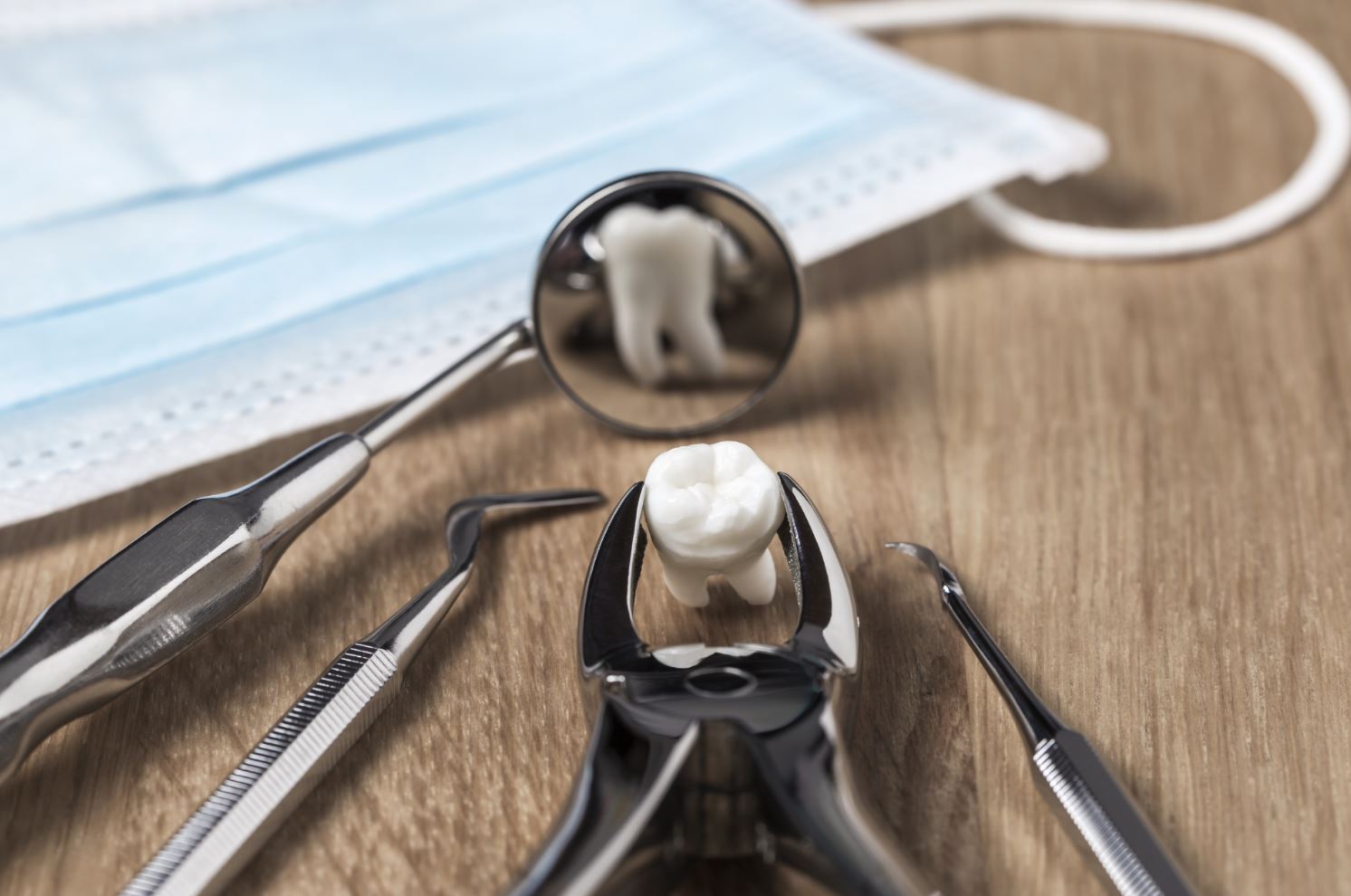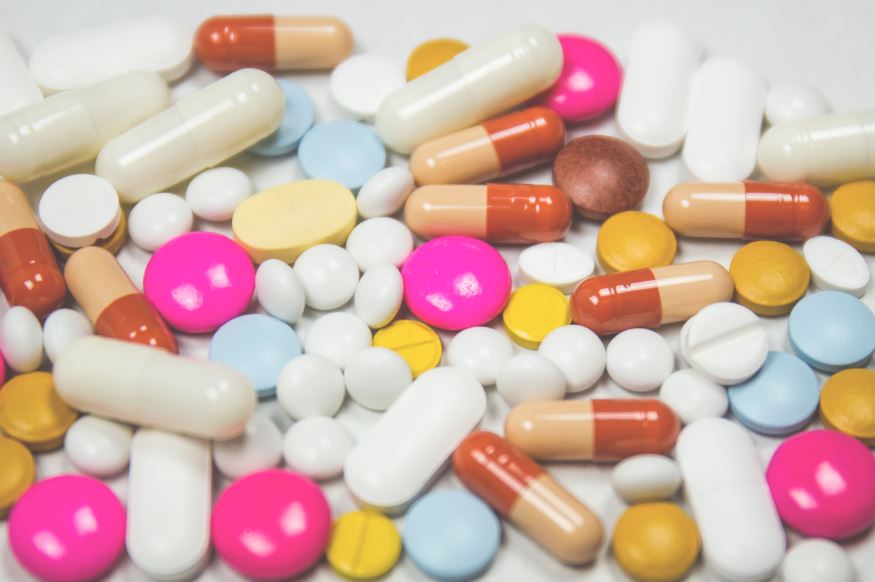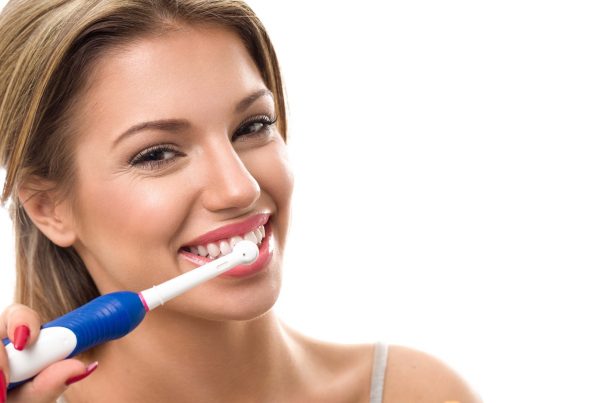A dental extraction is a minor surgical procedure and it is important to take good care of your mouth afterwards to avoid problems. In this article, we outline some of the most common things to expect following a dental extraction and how to care for the area.
What might happen?
Bleeding
A small amount of oozing is normal following an extraction. Saliva can often appear pink as the blood mixes in.
If you take medication that thins your blood or you suffer from any bleeding disorders then your dentist may place a dressing in the socket to help your blood to clot. You may also have a dissolvable stitch in place.
If you have stopped any medication prior to the extraction, your dentist will inform you when to restart this.
Pain
The area will be numb for a few hours following the procedure due to the local anaesthetic. It is normal to experience some slight discomfort once the numbness wears off. Painkillers such as ibuprofen or paracetamol can be taken to ease this.
Please read the painkiller packet and do not take more than advised. Be aware of possible interactions with any other medication you may be taking.
Swelling
Some patients will get swelling after a tooth extraction. You are more likely to have swelling if the extraction was tricky or required a small cut in the gum. Swelling will often be worst two or three days after the extraction.
How to care for the area after an extraction
• Avoid rinsing or spitting for 24 hours as this may dislodge the blood clot from the socket and cause the area to bleed.
• After 24 hours gently rinse your mouth with warm salt mouth rinses. Add 1tsp salt to a mug of warm water. Do this 4 times a day for at least 3 days.
• Avoid brushing the socket after extraction for the rest of the day. The next day brush as normal, taking care near the extraction site.
• Do not smoke. Smoking increases your chances of developing problems such as dry socket, as it reduces blood flow and compromises healing.
• If you experience fresh bleeding then roll up some gauze/handkerchief/tea towel and place on the extraction socket. Bite down firmly for 20 minutes.
• Eat a softer diet for a few days. Examples include scrambled egg, mashed potatoes or soft pasta.
• Avoid hot drinks on the day of the extraction.
• Avoid alcohol for 24 hours.
• Avoid vigorous exercise as this may cause the socket to bleed.
• Take any medications prescribed by the dentist as instructed. Immediately stop taking them if you have any adverse reactions.
• If there are any dissolvable stitches in place, these should disappear within 2 weeks.
When should I contact my dentist/surgeon?
– If you have bleeding which does not settle after following the advice above
– If you have severe swelling which does not improve or which is affecting your ability to swallow or open your mouth
– If you experience a bad taste or notice any pus coming from the extraction site
– If you have severe pain which does not settle after using regular painkillers
– If you have any further concerns about your recovery and healing
What is a Dry Socket?
Dry socket is a complication that can occur after having a tooth extraction. Once a tooth has been removed a blood clot forms in the socket in order to protect the bone and nerves underneath. If this blood clot gets dislodged then the bone underneath is exposed and this can lead to pain and very occasionally, infection. Symptoms include pain and a bad taste in the mouth.
Certain things increase your chance of getting a dry socket and these include:
• Smoking
• Poor oral hygiene
• Having teeth out in the lower jaw
• Taking the oral contraceptive pill
To lessen your chance of getting a dry socket, follow the advice given by your dentist. Do not rinse or spit for 24 hours or drink from as straw, as this is likely to dislodge the blood clot. Make sure you keep your mouth as clean as possible and avoid smoking.
If you think you may have a dry socket then contact your dentist. The treatment involves cleaning out the socket and placing a dressing to help ease the pain and promote healing. You can also take regular painkillers as advised. If there are signs of infection then a course of Antibiotics may also be prescribed.
For information on what to expect during a tooth extraction, read our article.
Rebecca Ball is a Speciality Doctor in Oral Surgery. She helps patients every day who have teeth that need extraction. Rebecca has a wealth of experience providing care to patients as they recover after a tooth extraction and that’s why we asked her to share her knowledge with you.
Keep updated with the Online Dentist newslettersign up today
Recent Articles
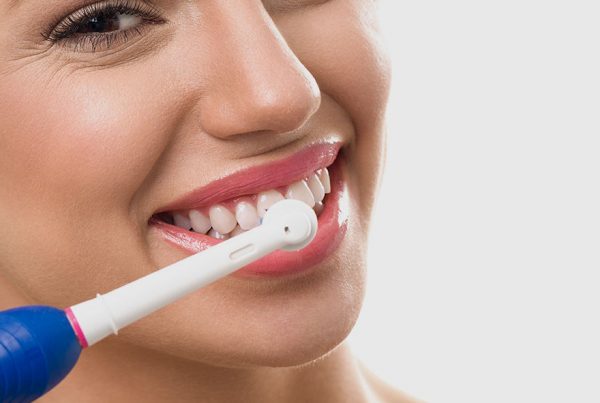 Tooth brushing is the best way we have to remove bacteria from our mouths. The majority of problems with your teeth are caused by bacteria. Bacteria making holes. Bacteria damaging...
Tooth brushing is the best way we have to remove bacteria from our mouths. The majority of problems with your teeth are caused by bacteria. Bacteria making holes. Bacteria damaging...
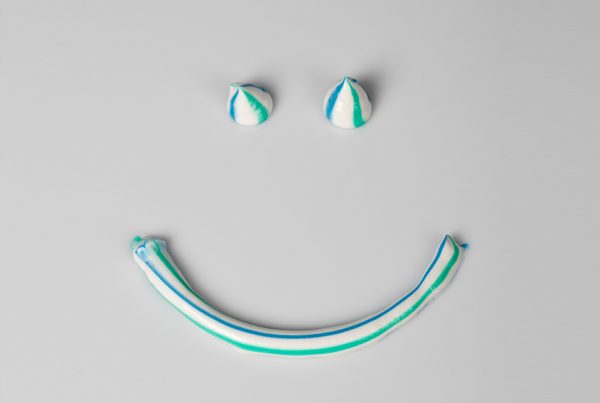 This article is all about toothpaste, what should be in it and why you should use it when brushing your teeth. Forgive me but I'm going to start out with...
This article is all about toothpaste, what should be in it and why you should use it when brushing your teeth. Forgive me but I'm going to start out with...

